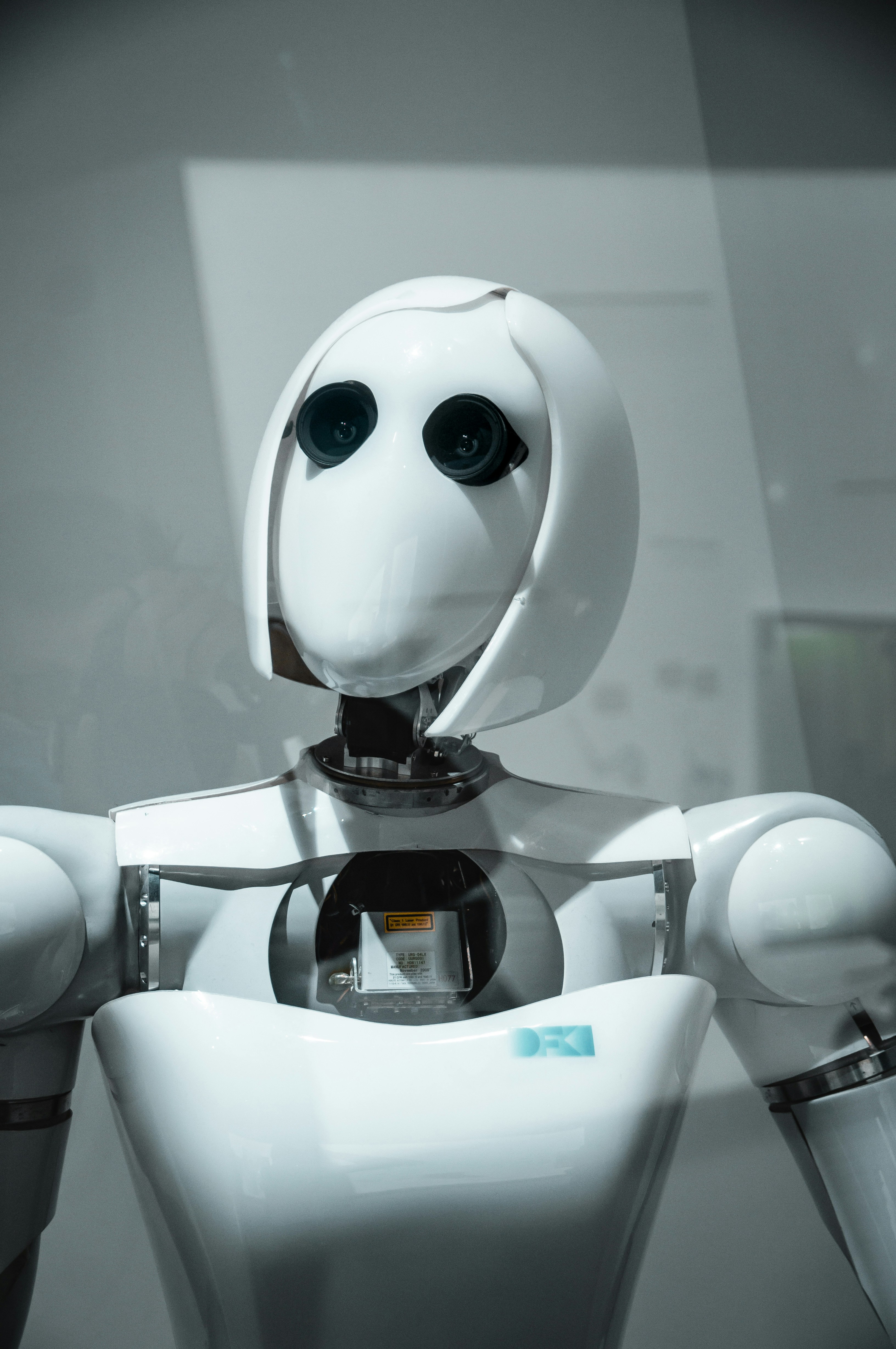Revolutionizing Elderly Care: The Impact of Humanoid Robots

The Role of Humanoid Robots in Elderly Care
As the population ages globally, there is a growing need for innovative solutions to support elderly individuals in their daily lives. Humanoid robots are emerging as a promising technology that can revolutionize the way we care for the elderly.
Enhancing Social Interaction
One of the key benefits of humanoid robots in elderly care is their ability to enhance social interaction. These robots can engage with seniors through conversation, games, and even assist in memory exercises, combating feelings of loneliness and isolation.
Assistance with Daily Tasks
Humanoid robots are equipped with sensors and artificial intelligence algorithms that enable them to assist with daily tasks such as medication reminders, meal preparation, and monitoring vital signs. This support can greatly improve the quality of life for elderly individuals who may have limited mobility or cognitive abilities.
Personalized Care and Monitoring
Robots in elderly care can be programmed to provide personalized care based on individual needs and preferences. They can also monitor health metrics continuously, alerting caregivers or medical professionals in case of emergencies.
Ethical Considerations and Privacy
While humanoid robots offer numerous benefits, there are ethical considerations regarding privacy and autonomy. It is essential to establish clear guidelines on data protection and ensure that seniors retain control over their personal information and decisions.
Training and Integration
Effective implementation of humanoid robots in elderly care requires proper training for both caregivers and seniors. Building trust between humans and robots is crucial for successful integration, emphasizing the importance of user-friendly interfaces and ongoing support.
